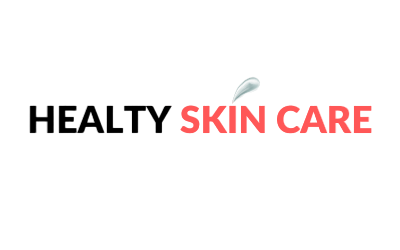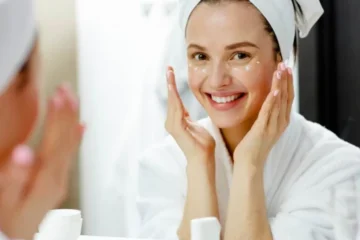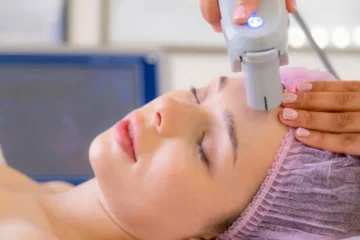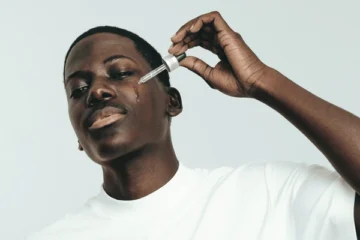Every young man has a story, and mine begins with a mirror. Staring back at me was a face filled with bumps and redness, a battlefield of acne that seemed impossible to win. This post is about that struggle and the lessons learned along the way. If you’re dealing with acne-prone skin, know you’re not alone. This is my journal, filled with tips, advice, and encouragement for anyone on a similar path.
Understanding Acne
What is Acne?
Acne is a skin condition that occurs when hair follicles become clogged with oil and dead skin cells. It’s common among teens but can affect people of all ages. The telltale signs are pimples, blackheads, whiteheads, and in severe cases, cysts.
Causes of Acne
Several factors contribute to acne, including hormonal changes, excess oil production, and bacteria. Genetics also play a role. If your parents had acne, there’s a good chance you might too. Stress and diet can exacerbate the condition, making it even harder to manage.
Types of Acne
Understanding the type of acne you have is crucial for effective treatment. Here are the main types:
- Whiteheads: Closed pores clogged with oil and dead skin.
- Blackheads: Open pores clogged with oil, which turn black due to oxidation.
- Pimples: Infected pores filled with pus.
- Cysts: Large, painful lumps beneath the skin filled with pus.
My Personal Experience
The Emotional Toll
Dealing with acne isn’t just about the physical marks, it’s an emotional rollercoaster. I remember feeling self-conscious, avoiding social events, and dreading school photos. It affected my confidence and made me feel isolated.
The Physical Struggle
I tried every over-the-counter product available—creams, cleansers, masks. Some made it worse, others did nothing. My skin was a testing ground for countless treatments. I even attempted home remedies like toothpaste and lemon juice, all to no avail.
The Turning Point
After numerous failed attempts, I decided to consult a dermatologist. This was a game-changer. I was prescribed a tailored skincare routine and medications that targeted my specific type of acne. Slowly, I started seeing improvements.
Professional Advice
Insights from Dermatologists
Dermatologists stress that acne is a medical condition requiring proper treatment. Topical treatments like benzoyl peroxide and salicylic acid can be effective, but sometimes oral medications or even light therapy are necessary.
Effective Treatments
- Topical Treatments: These include creams and gels containing active ingredients like benzoyl peroxide and retinoids.
- Oral Medications: Antibiotics and hormonal treatments can help reduce inflammation and bacteria.
- Lifestyle Changes: Dermatologists often recommend changes in diet, stress management, and proper hygiene practices.
Skincare Routines
A consistent skincare routine is vital. This usually involves cleansing, treating, and moisturizing. Men’s skincare routines should focus on simplicity and consistency, avoiding products with harsh chemicals that can irritate the skin.
Practical Tips
Lifestyle Changes
Diet plays a significant role in managing acne. Foods high in sugar and dairy can trigger breakouts. Incorporating fruits, vegetables, and whole grains can help. Drinking plenty of water and getting enough sleep are also crucial.
Hygiene Practices
Washing your face twice a day with a gentle cleanser helps remove excess oil and dirt. Avoid touching your face and ensure pillowcases are changed regularly. Post-workout showers are essential to cleanse sweat and bacteria from the skin.
Diet Recommendations
Foods rich in omega-3 fatty acids, zinc, and antioxidants can improve skin health. Avoiding processed foods and sugary snacks can make a big difference. Green tea and probiotics are also beneficial for maintaining clear skin.
Empowerment and Acceptance
Embrace Your Journey
Acne doesn’t define you. It’s just a part of your story. Everyone’s skin is different, and what works for one person might not work for another. Be patient and kind to yourself during this process.
Build Confidence
Confidence comes from within. Focus on your talents, interests, and the things you love. Surround yourself with supportive friends and family who uplift you. Remember, everyone is dealing with something, and no one is perfect.
Seek Support
Don’t hesitate to seek professional help if needed. Talking to a dermatologist or a therapist can provide you with the tools and support you need to manage both the physical and emotional aspects of acne.
Conclusion
Dealing with acne-prone skin can be challenging, but it’s a battle you don’t have to fight alone. We’ve covered everything from understanding acne to practical tips and professional advice. Remember, your skin doesn’t define you, but how you handle it can shape your confidence and outlook on life.
Feel free to share your own experiences or seek further advice. Together, we can face this challenge head-on and emerge stronger and more confident.





